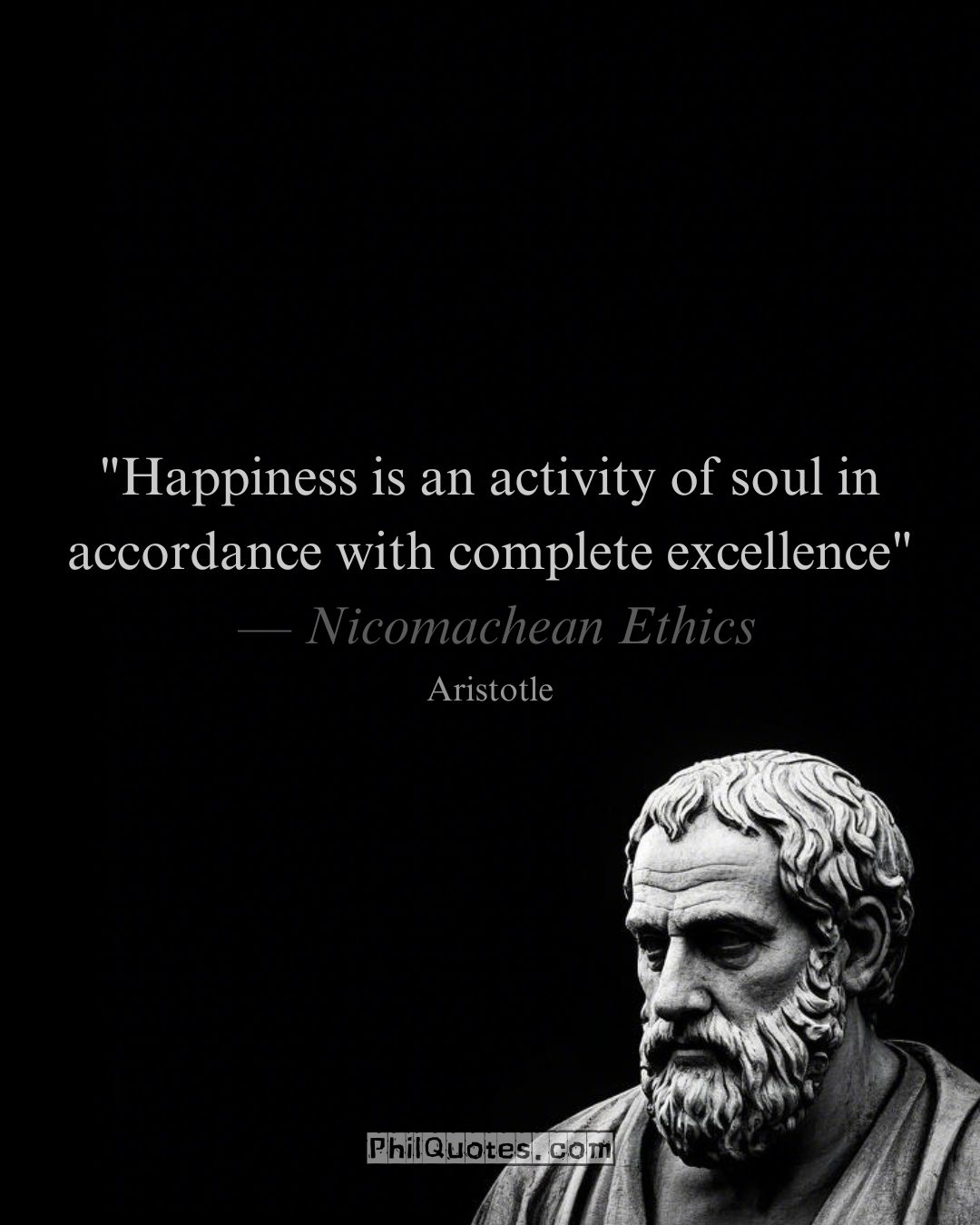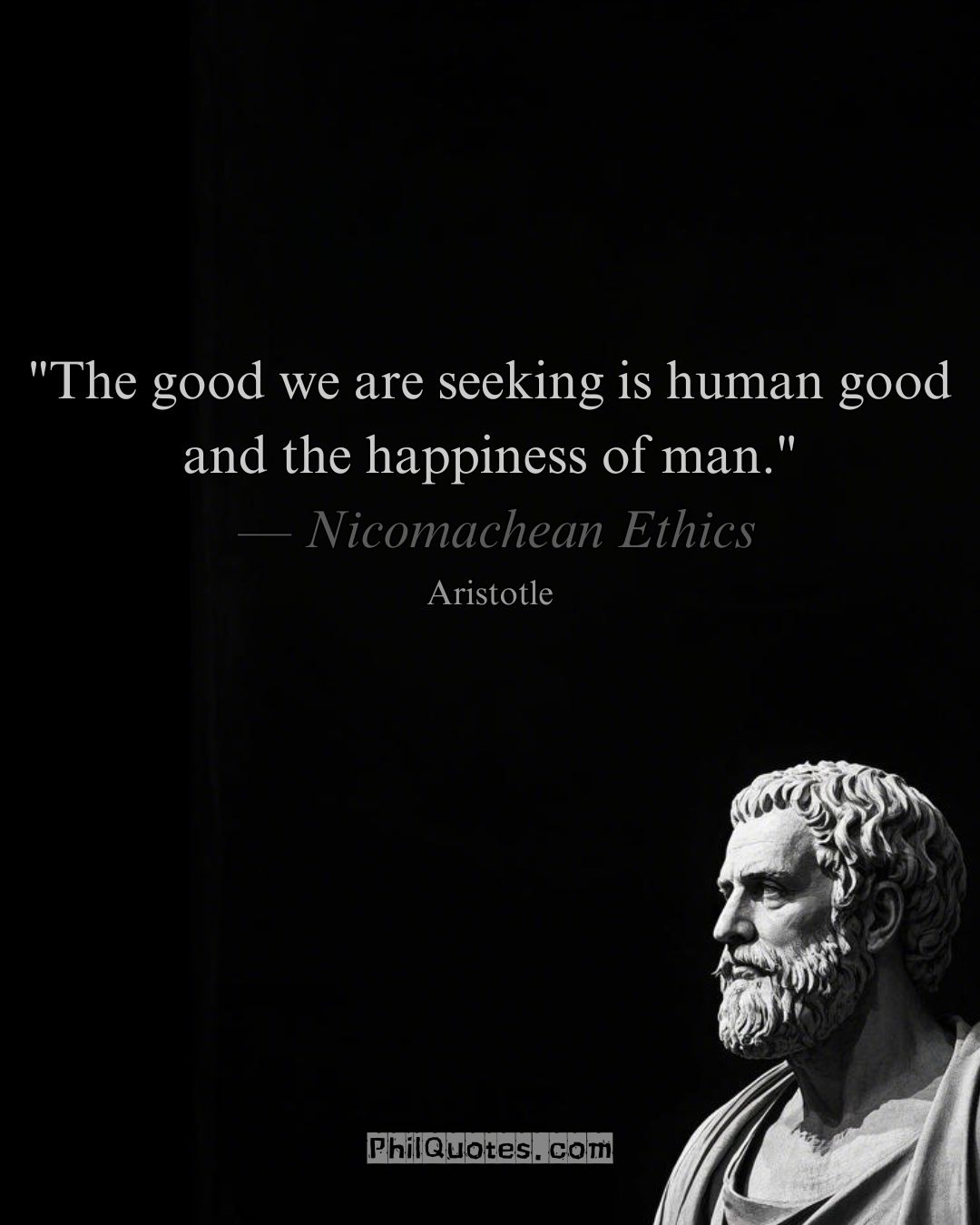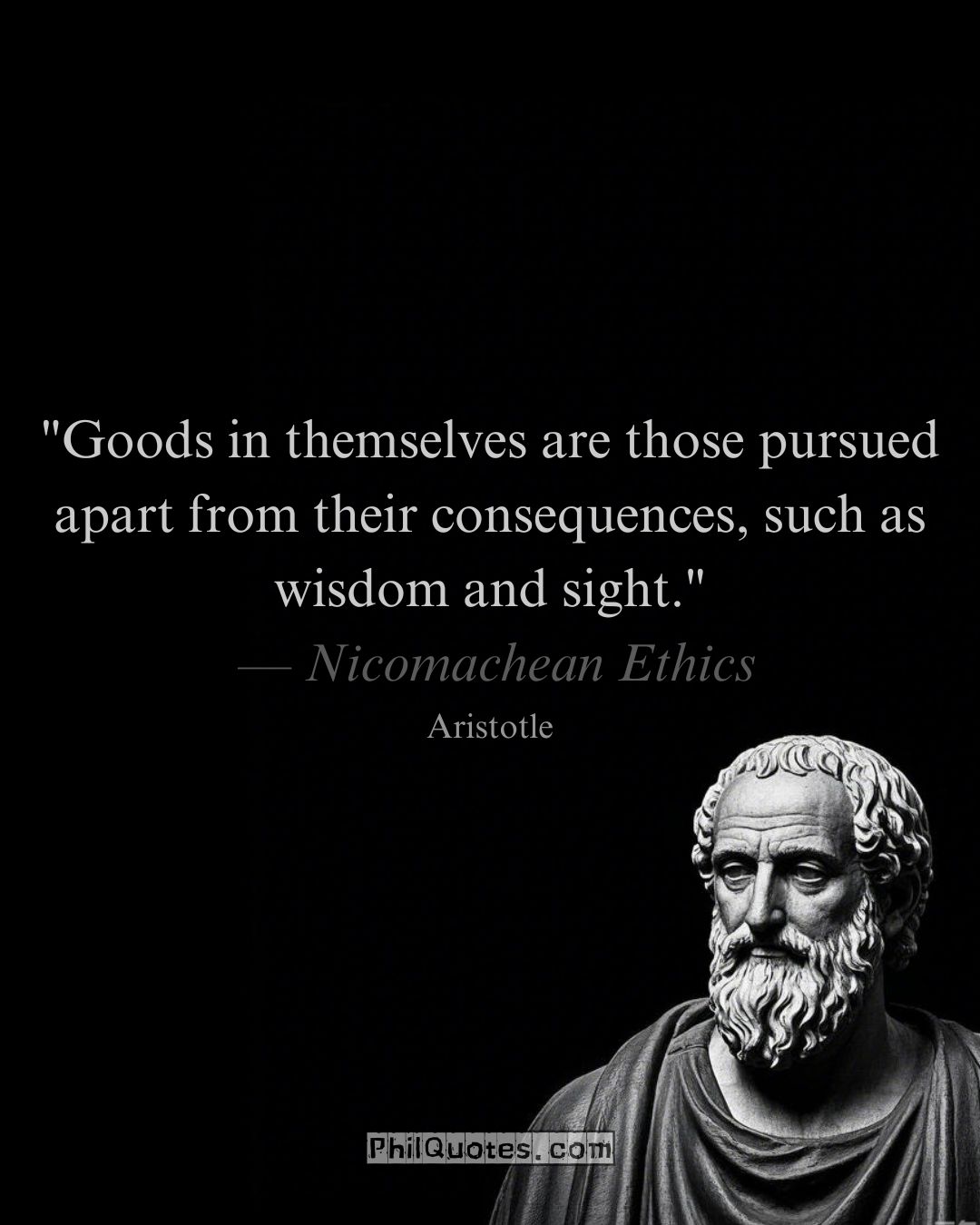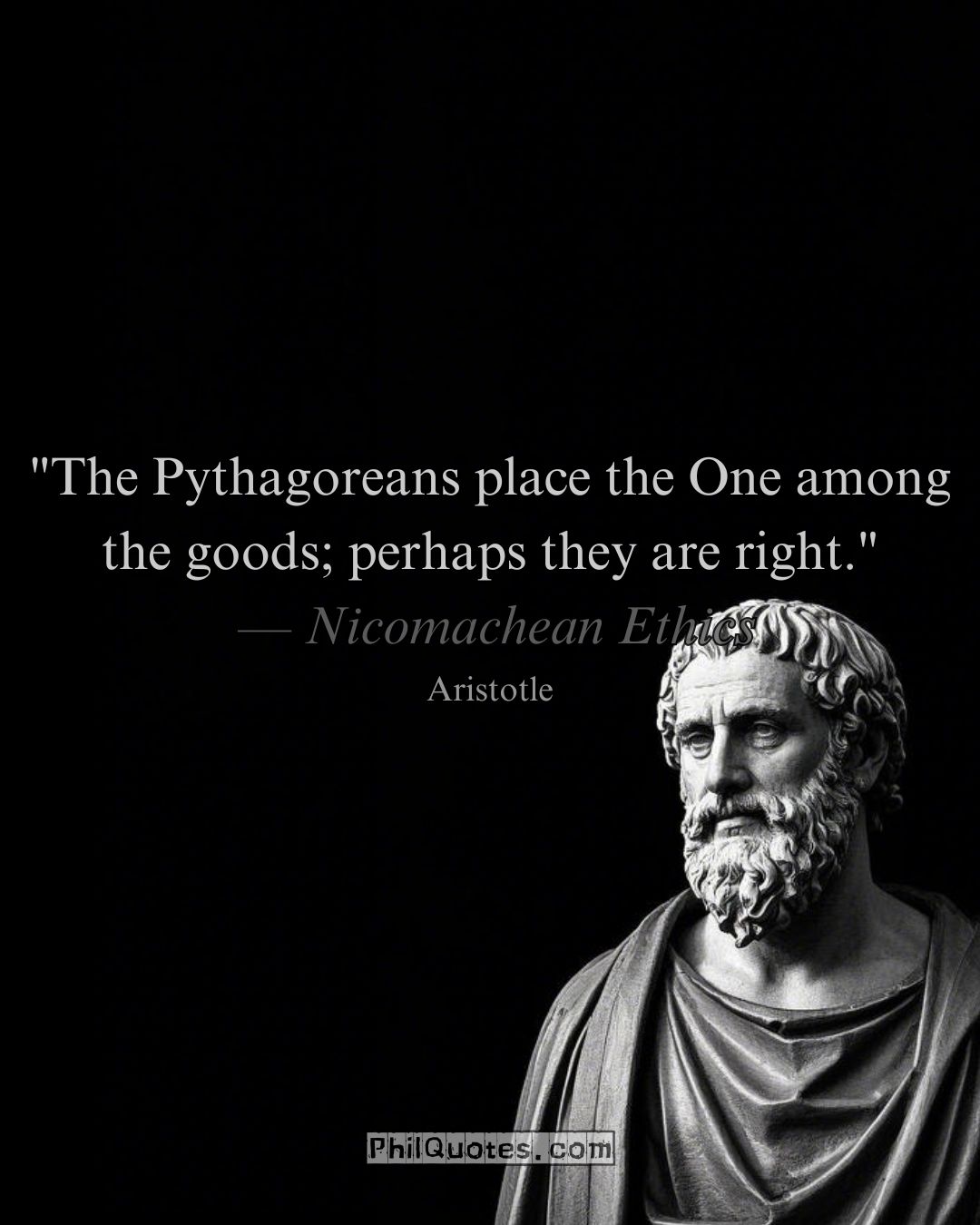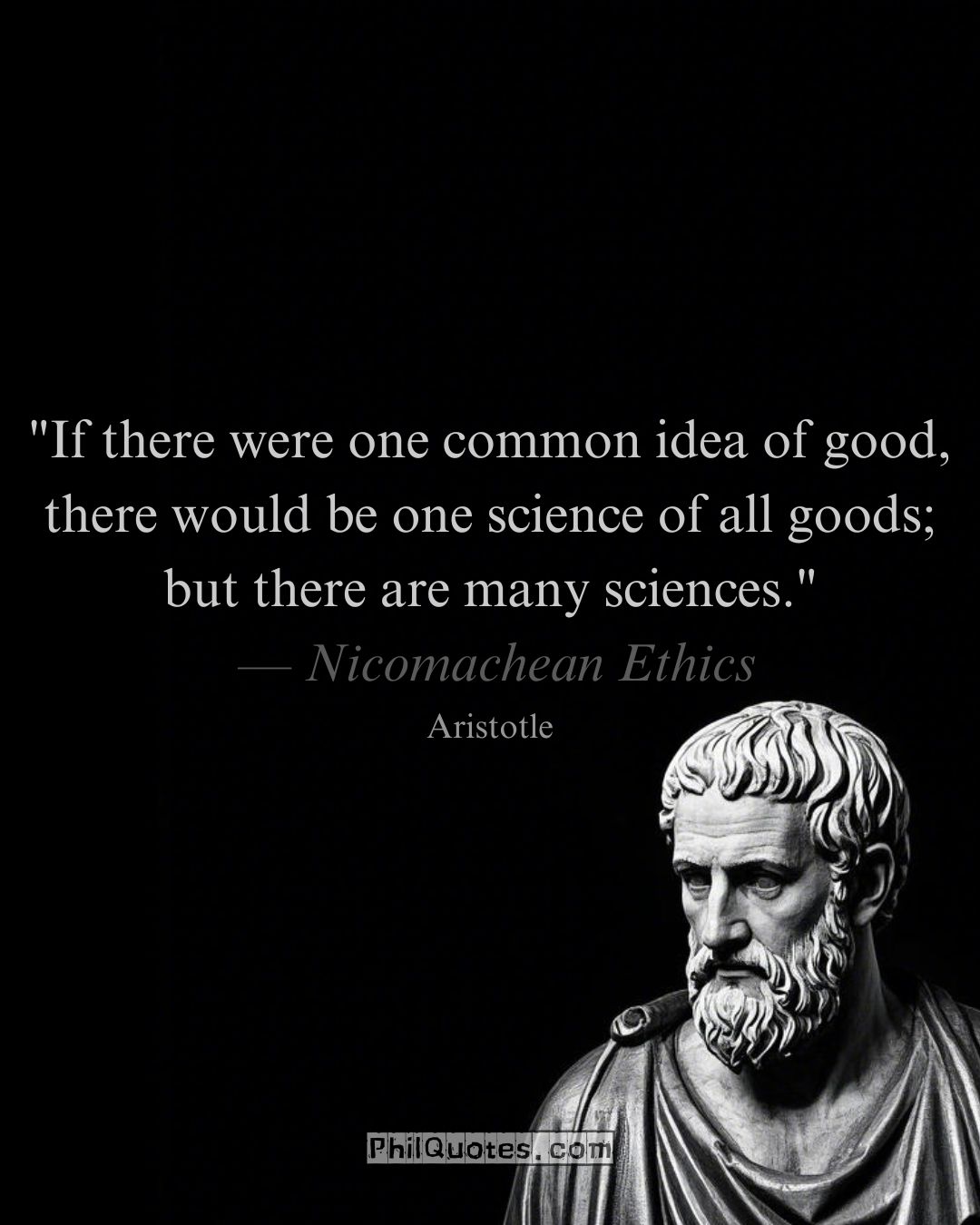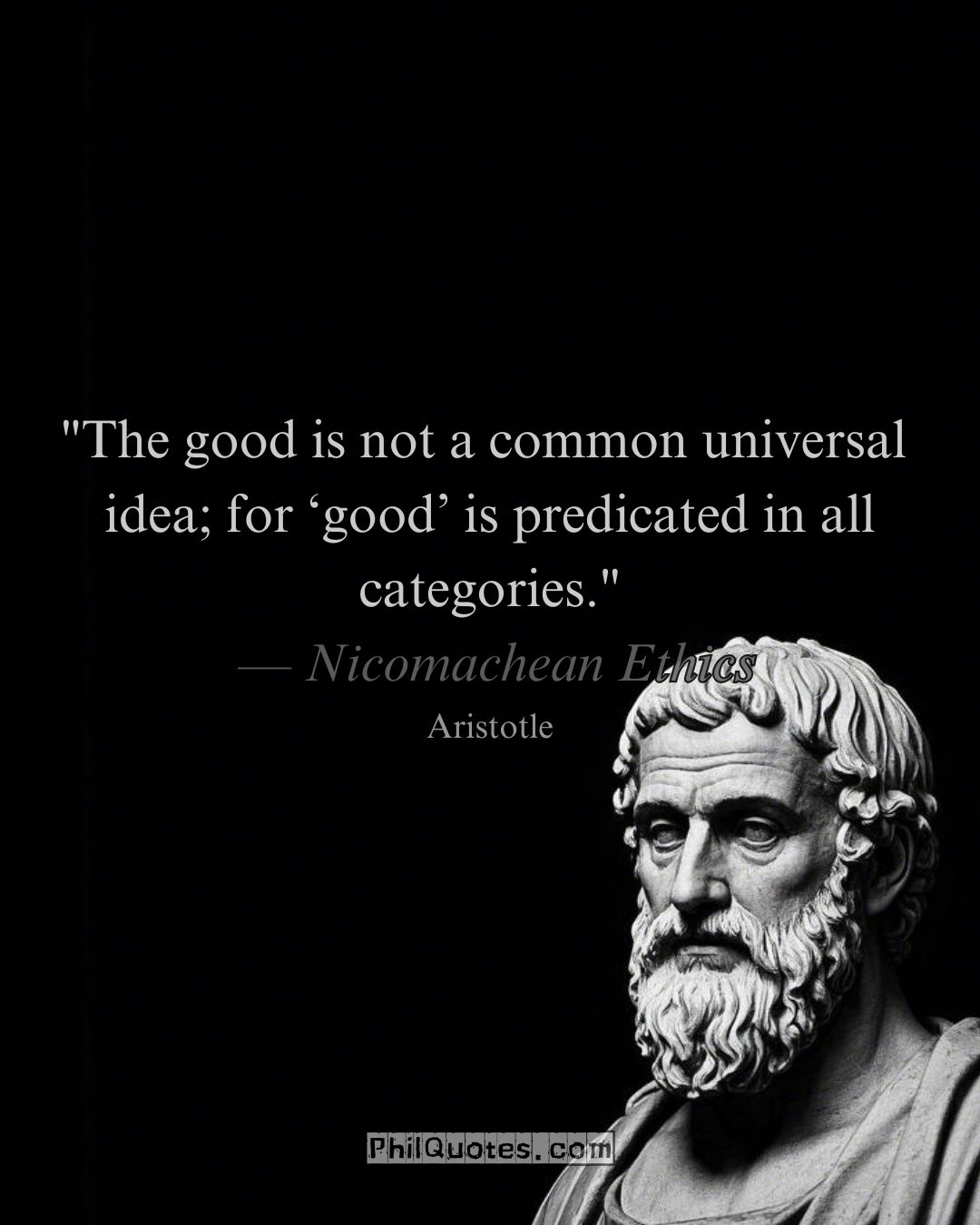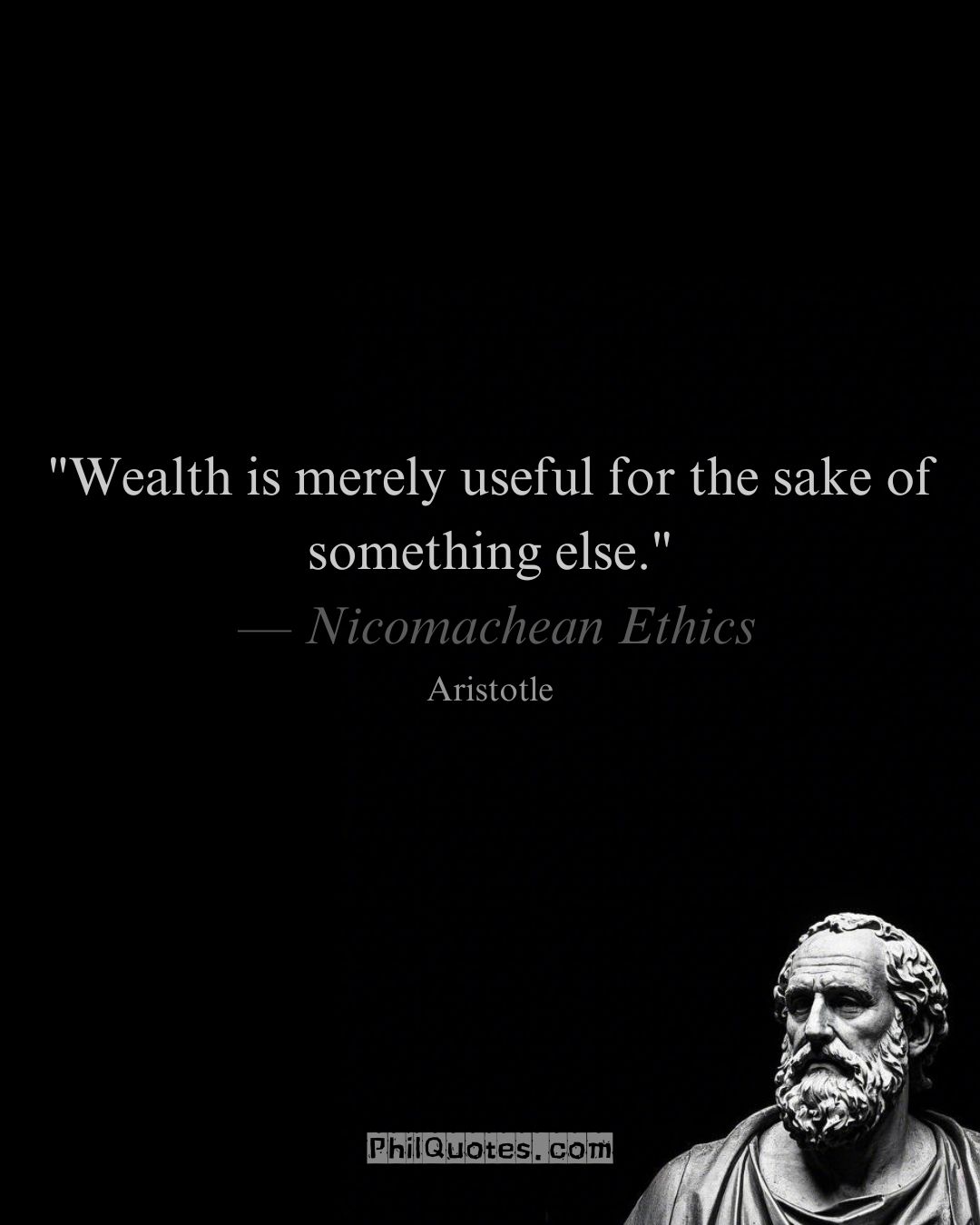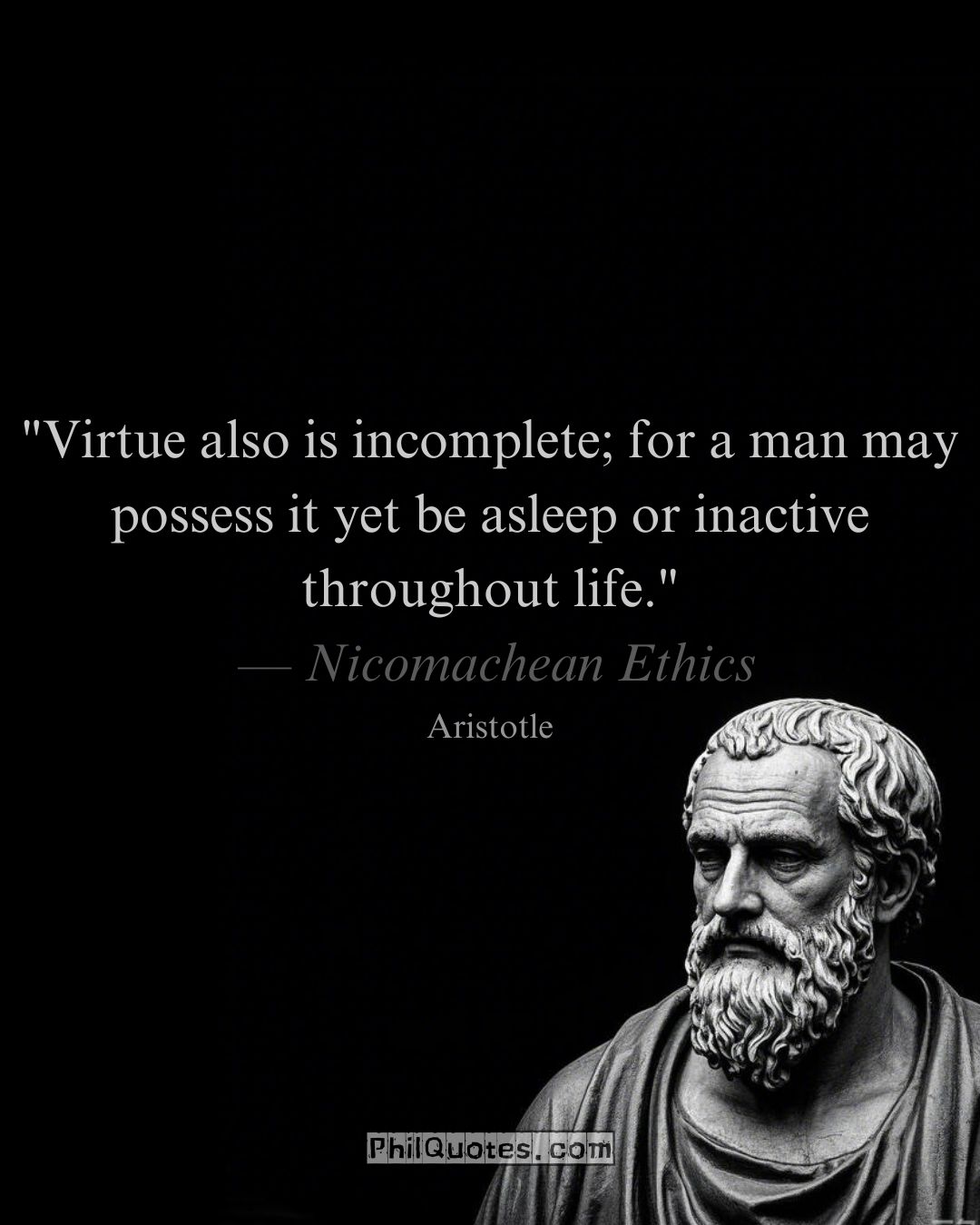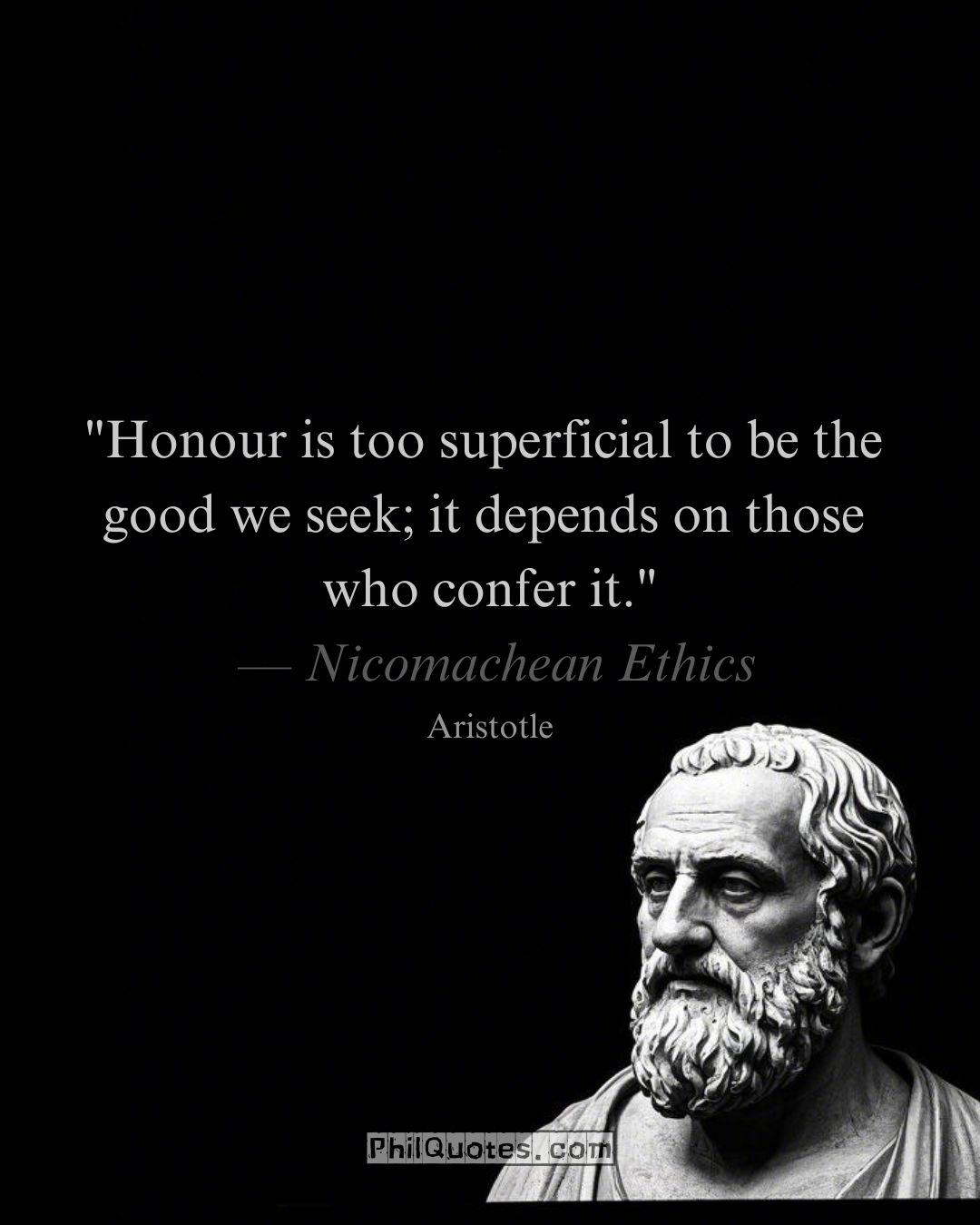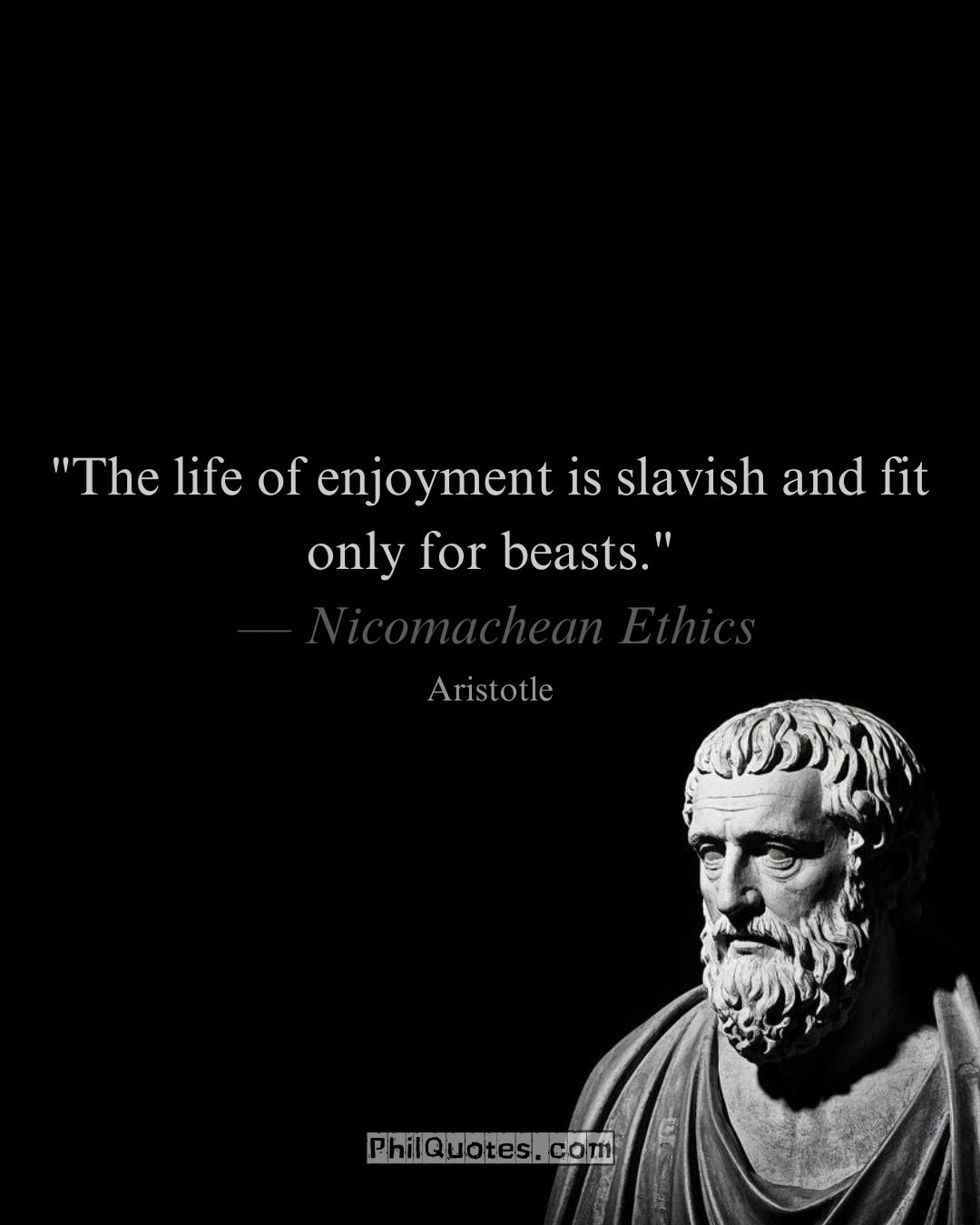Aristotle Nicomachean Ethics Quote: “Happiness is an activity of soul in accordance with complete excellence.”
“Happiness is an activity of soul in accordance with complete excellence.”— Aristotle, Nicomachean Ethics, Book I, Chapter 7 Simple Explanation:Aristotle defines eudaimonia (true happiness) not as passive joy, but as ongoing engagement of the mind and character. Complete excellence means harmonizing all virtues — courage, wisdom, justice — through daily choices, like a pianist mastering … Read more
